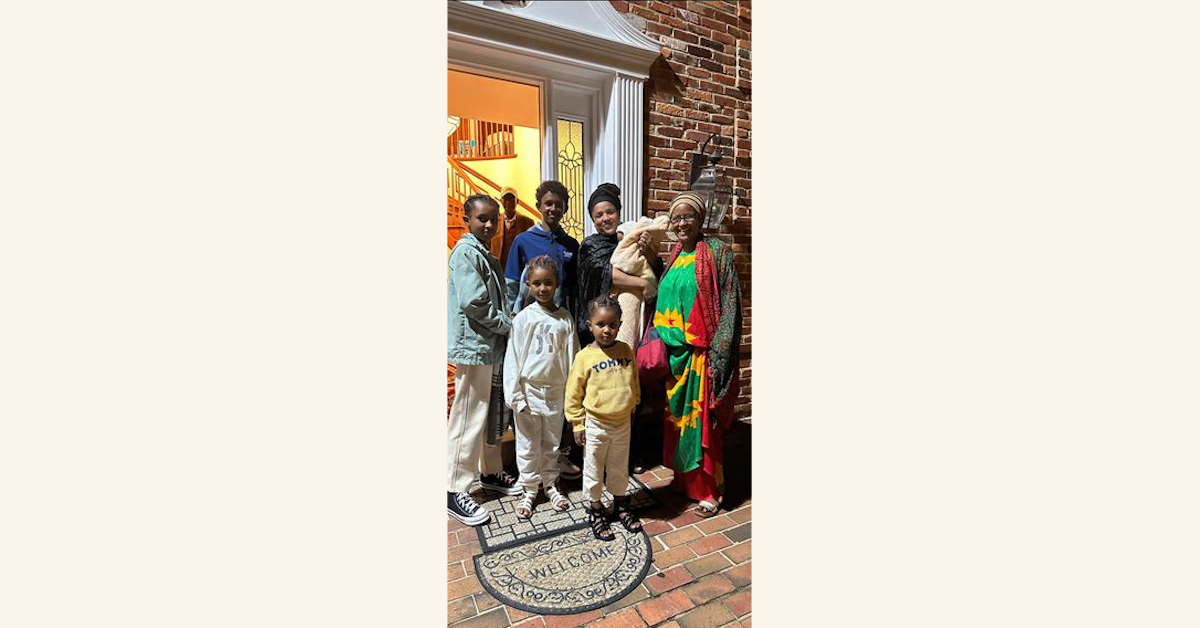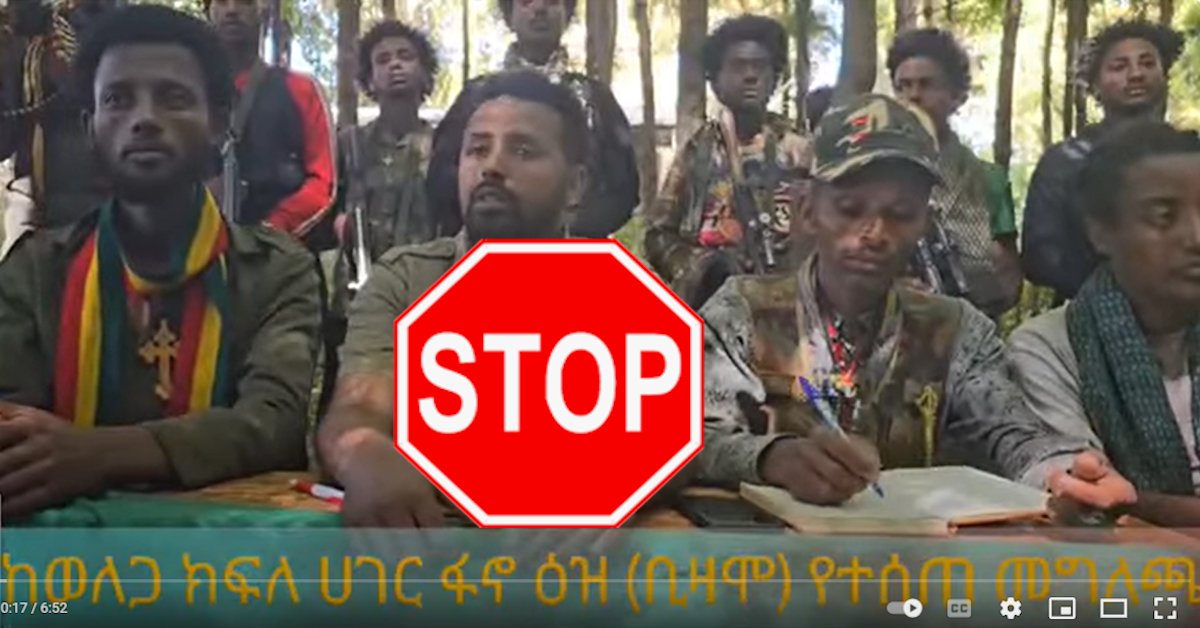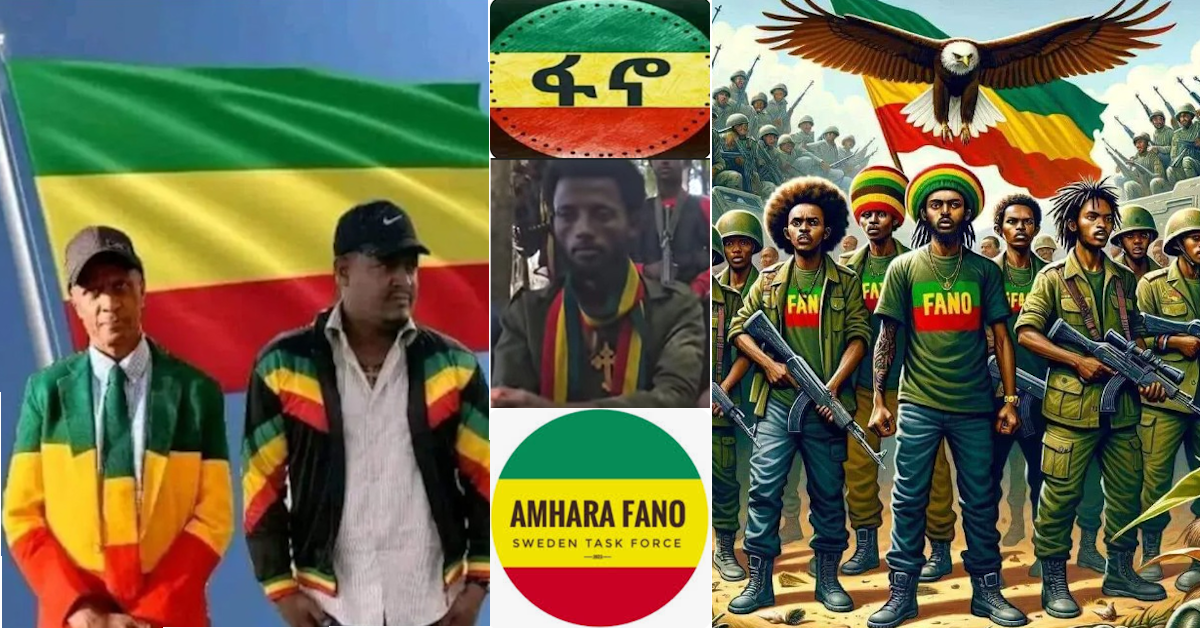What a heartbreaking yet profoundly moving photograph—the family of the late Battee Urgeessaa, gathered together, embodying both the weight of sorrow and the fragile hope of new beginnings.
Battee Urgeessaa, a renowned Oromo politician and tireless advocate for justice, was tragically taken from his family, community, and people on the night leading into Wednesday, April 10—a day that coincided with this year’s Ramadan celebrations. I distinctly recall the moment I heard the devastating news—it was during a festive lunch at a family friend’s home. The joy of the occasion shattered abruptly, replaced by the unspeakable horror of Battee’s assassination.
Details soon emerged, each more painful than the last. Battee had been brutally murdered by the regime he courageously opposed, his body discarded like refuse in a garbage dump near his birthplace of Maqii town—a cruel mockery of the dignity he had always embodied. Yet the pain of his death wasn’t confined to the manner of his passing; it extended to the loved ones he left behind.
Battee’s legacy survives through his beautiful wife and their five children. When he passed, four of them were already in this world: the eldest, a son, followed by three daughters. The fifth child—a symbol of both loss and continuation—was yet to be born, cradled in his mother’s womb. The picture before me shows that child now, nestled in their mother’s arms, a quiet testament to resilience.
This photograph captures a moment of profound transition. Taken upon their arrival in the United States, it marks the beginning of a new chapter for this family, who have been given a chance to rebuild their lives, thanks to the unyielding support of devoted friends and the compassionate embrace of a foreign land. The United States, through the generosity of its people and government, has offered this family refuge—an unexpected sanctuary in the face of unimaginable loss.
But what does it mean to leave your homeland not by choice, but out of necessity? To be denied the right to live freely in the place of your birth, forcing you to seek safety and dignity elsewhere? This is the cruel irony of the word diaspora—a term born from stories like this, of people displaced by oppression and carried across oceans by hope.
Looking at this image, I am struck by the quiet strength etched on each child’s face. The two eldest, likely very early teens, wear expressions that seem caught between youthful innocence and the heavy burden of understanding more than their years should demand. The younger siblings—perhaps six and four—seem less encumbered, their gazes filled with questions rather than grief. And then there’s the baby, blissfully unaware of the father they will never meet. This child, too young to grasp the enormity of what has transpired, will one day grow to understand the legacy of the man whose name they carry, whose life they will learn about through the stories of others.
Battee Urgeessaa’s family, now navigating their new lives in America, carries with them more than their personal grief—they carry the hopes and dreams of a hero whose love for his people cost him his life.
To the family of Battee: Welcome to America. You are not alone in this journey. We see you, we honor you, and we hold you close in our hearts.
May your new beginnings be filled with peace, healing, and opportunities that honor the sacrifices made by the father who gave everything for a cause greater than himself. For Battee Urgeessaa, the true son of Oromia, lives on through you.




One thought on “The Journey of Battee Urgeessaa’s Legacy: A Family Reborn”
Thank you for the tantalizing tribute to the late Batte Urgessaa. The legacy he left forcibly shines through thick and thin in our future.